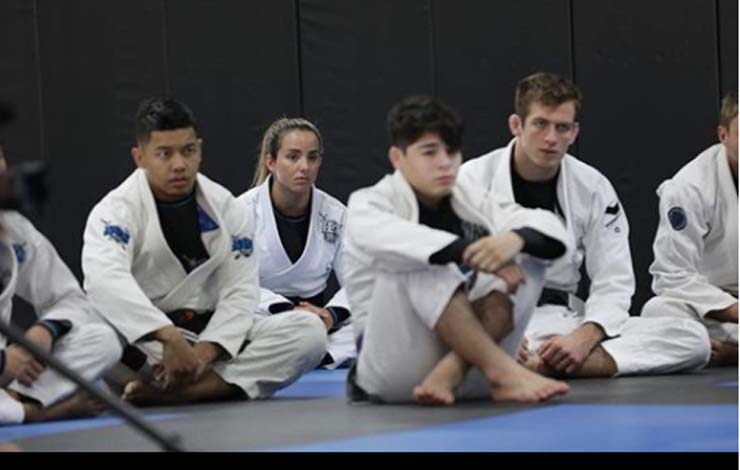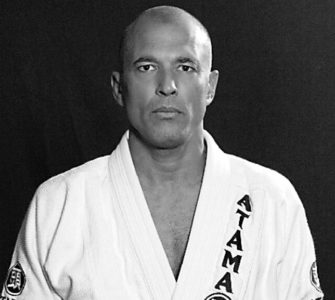Grappling is traditionally considered an individual sport. Not only is some of it guided by selfishness but also there’s nobody to pass the ball to when it comes to game time – it’s all on you.
Still this doesn’t mean that the academy, the coach, the teachers and your fellow students don’t matter.
Jiu-Jitsu Over Politics: Iranian, Israeli & Saudi Arabian Teammates at Atos San Diego
These factors all relating to the academy are all responsible for at least 50 percent of students who opt to move academies.
You might notice that we’ve separately listed coach and teacher. This isn’t to say the two can’t be embodied by one person but to exemplify the principle of needing both someone who will be hands on in showing the technique but also in providing key advice whether it be weight cutting, mental coaching or whatever else you might need in a competitive situation. For these reasons a coach must be someone who not only knows the moves and the game but also what your game and train of thought are.
BJJ has the keen ability to balance out your personality and to provide you with key coping mechanisms when it comes to any situation however a lot of the ritual is based on a sense of belonging to a team – after all to be efficient in your training you’re likely spending at least 10 hours a week with these individuals.
And this is just a start. Fostering a hostile environment among teammates can be one of the most destructive things that happen to an academy. Due to the submission nature of the sport egos are quite prominent regardless of the fact bjj is often related to as the ultimate humble pie. It takes only a bit of indifference or carelessness from the teacher in charge to have everything go overboard. Perfect showcase for this is observing rolls between 2 men who have a drastic size difference.
Additionally due to the wideness of experience and situations bjj also heavily relies on the knowledge that’s passed on between students. There is no going forward if the academy in question has everyone selfishly crating their best moves and being reluctant to share. Of course this is not to say that if you’re 6 months into it that you should be dolling out advice left and right.
The treacherous nature of many setups makes respect in between teammates another aspect of the experience. It is one thing to have a clever setup but this only factors as far as there’s mutual respect.
Another important aspect is hierarchy. Due to the demanding nature of the sport a certain pecking order must be respected. This leads to academies often having a person who is more or less an enforcer – someone who will place an overeager beaver or an ultra violent newbie in their place. The give is as important as the take.
What To Do When A New Black Belt Wants to Leave & Start Their Own Team
This means that there’s a clear distinction between authority figures – ie brown and black belts and the usual crowd. One interesting thing to consider here is that the temptation to cross the lines and befriend the students can sometimes be quite tempting but in the end some distance is quite welcome because as the roles get blurred one gets too tempted to go off on their own tangents.
Olympic Medalist and Judo Coach Jimmy Pedro: Coaches Shouldn’t Be Friends With Athletes



















